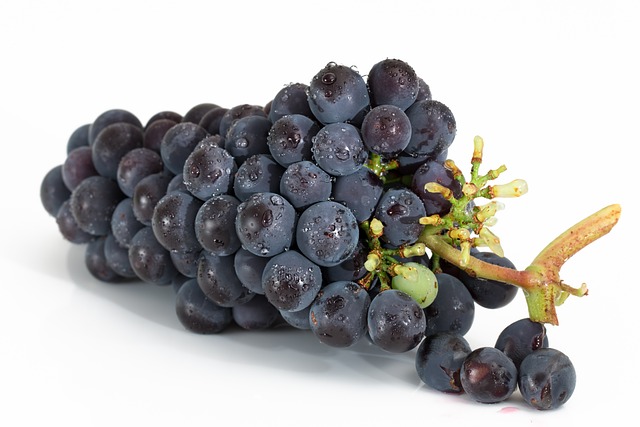How Probiotics Can Help Your Toddler’s Digestion and Immunity
As a parent, you want to ensure that your child is getting all the nutrients they need to stay healthy and grow properly. A crucial component of this is ensuring that their digestive system is functioning optimally. One way to do this is by incorporating probiotics into their diet. Probiotics are live microorganisms that are beneficial for your child’s health. They are often found in fermented foods like yogurt, kefir, and sauerkraut. In this blog post, we’ll explore how probiotics can help your toddler’s digestion and immunity.
The benefits of probiotics
Probiotics can help in several ways when it comes to your toddler’s health. Here’s a closer look at some of the benefits:
- Improving digestion: Probiotics can help improve digestion by restoring the natural balance of bacteria in your child’s gut. This can help reduce digestive issues like constipation, diarrhea, and bloating.
- Boosting immunity: Probiotics can also help boost your toddler’s immune system. They do this by stimulating the production of antibodies and enhancing the function of immune cells in the body.
- Preventing infections: Probiotics can help prevent infections by inhibiting the growth of harmful bacteria in your child’s gut. This can help prevent common illnesses like colds and flu.
- Improving nutrient absorption: Probiotics can also help improve nutrient absorption in the gut. This can help ensure that your child is getting all the essential vitamins and minerals they need to grow and thrive.
The best sources of probiotics
Now that you know the benefits of probiotics, you might be wondering how to incorporate them into your toddler’s diet. Here are some of the best sources of probiotics:
- Yogurt: Yogurt is a delicious and easy way to introduce probiotics into your toddler’s diet. Look for yogurt brands that have “live and active cultures” listed on the package to ensure that they contain probiotics.
- Kefir: Kefir is a fermented milk drink that is similar to yogurt. It has a slightly sour taste and is a great source of probiotics. You can find kefir at most grocery stores.
- Sauerkraut: Sauerkraut is a type of fermented cabbage that is rich in probiotics. It can be a bit sour, so your toddler might need some time to get used to the taste.
- Kombucha: Kombucha is a fermented tea that is rich in probiotics. It has a slightly sweet and sour taste and can be a great replacement for sugary drinks.
How to introduce probiotics to your toddler
Introducing probiotics to your toddler’s diet is easy. Here are some tips to help you get started:
- Start slow: Introduce probiotic-rich foods to your toddler’s diet slowly to allow their digestive system to adjust. Start with small amounts and gradually increase the portion sizes.
- Make it fun: Get creative with how you serve probiotic-rich foods. You can mix yogurt with fresh fruit, make kefir smoothies, or add sauerkraut to sandwiches.
- Stick with it: It can take some time for your toddler to get used to the taste of probiotic-rich foods. Stick with it and keep offering these foods regularly. Eventually, your toddler will grow to love them.
- Consider supplements: If your toddler is a picky eater or doesn’t like probiotic-rich foods, consider giving them a probiotic supplement. Talk to your pediatrician about which







